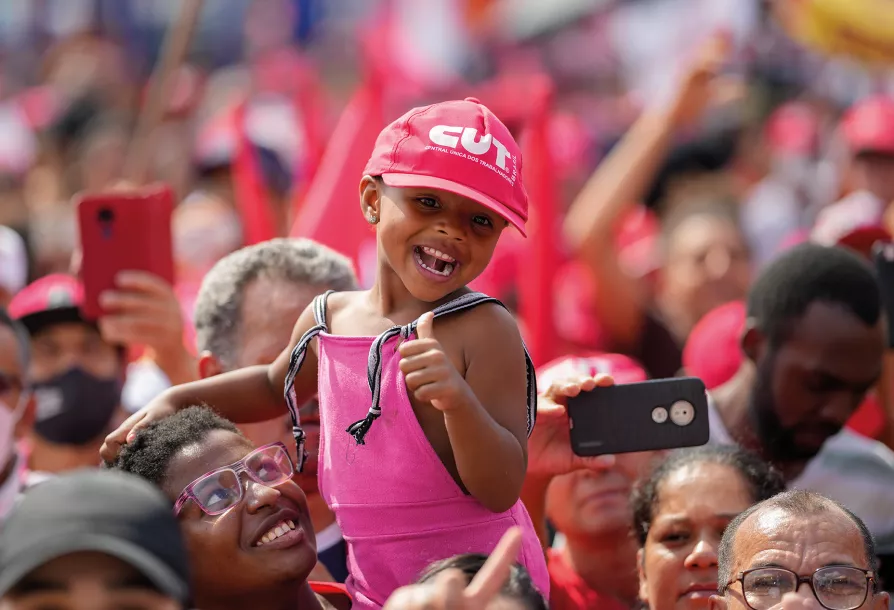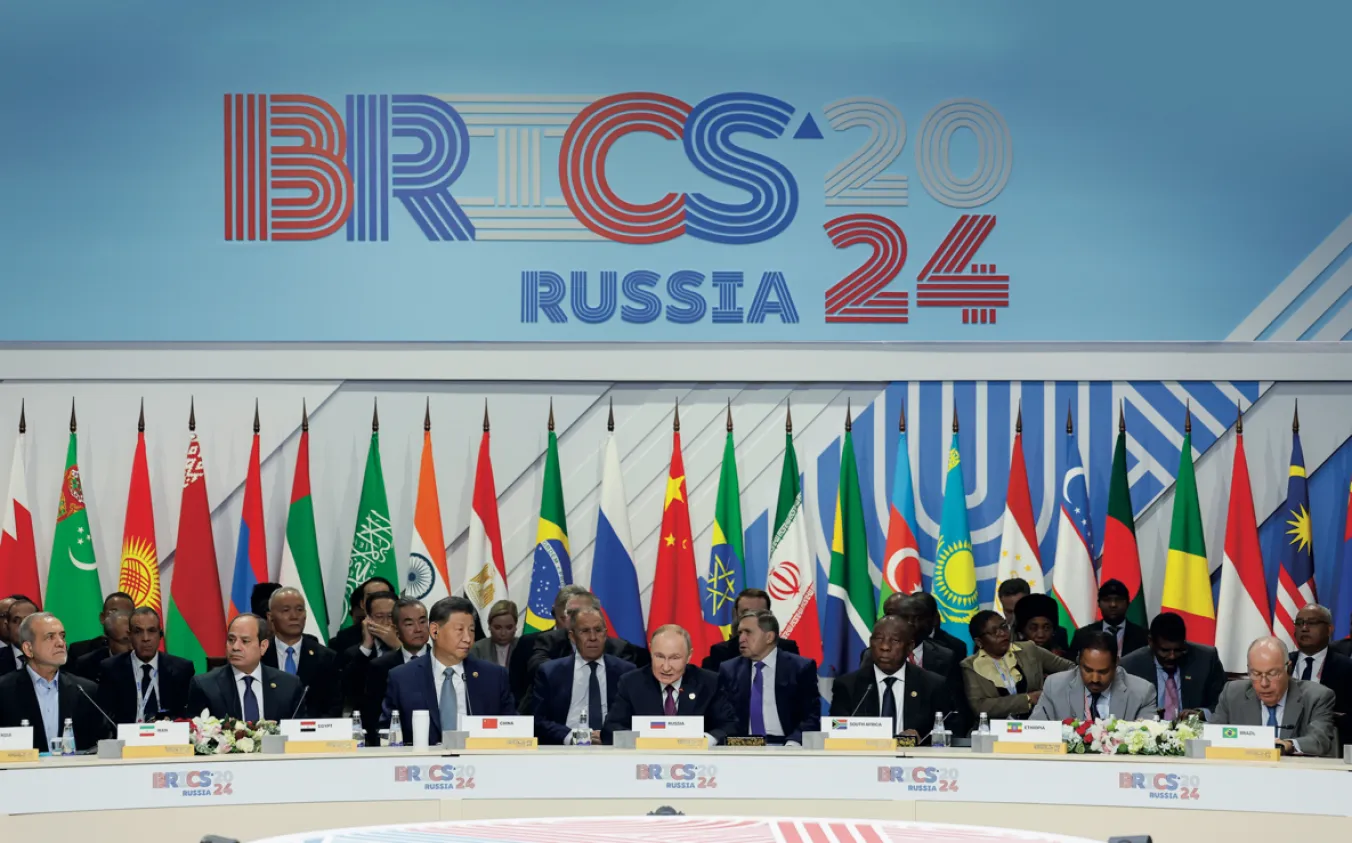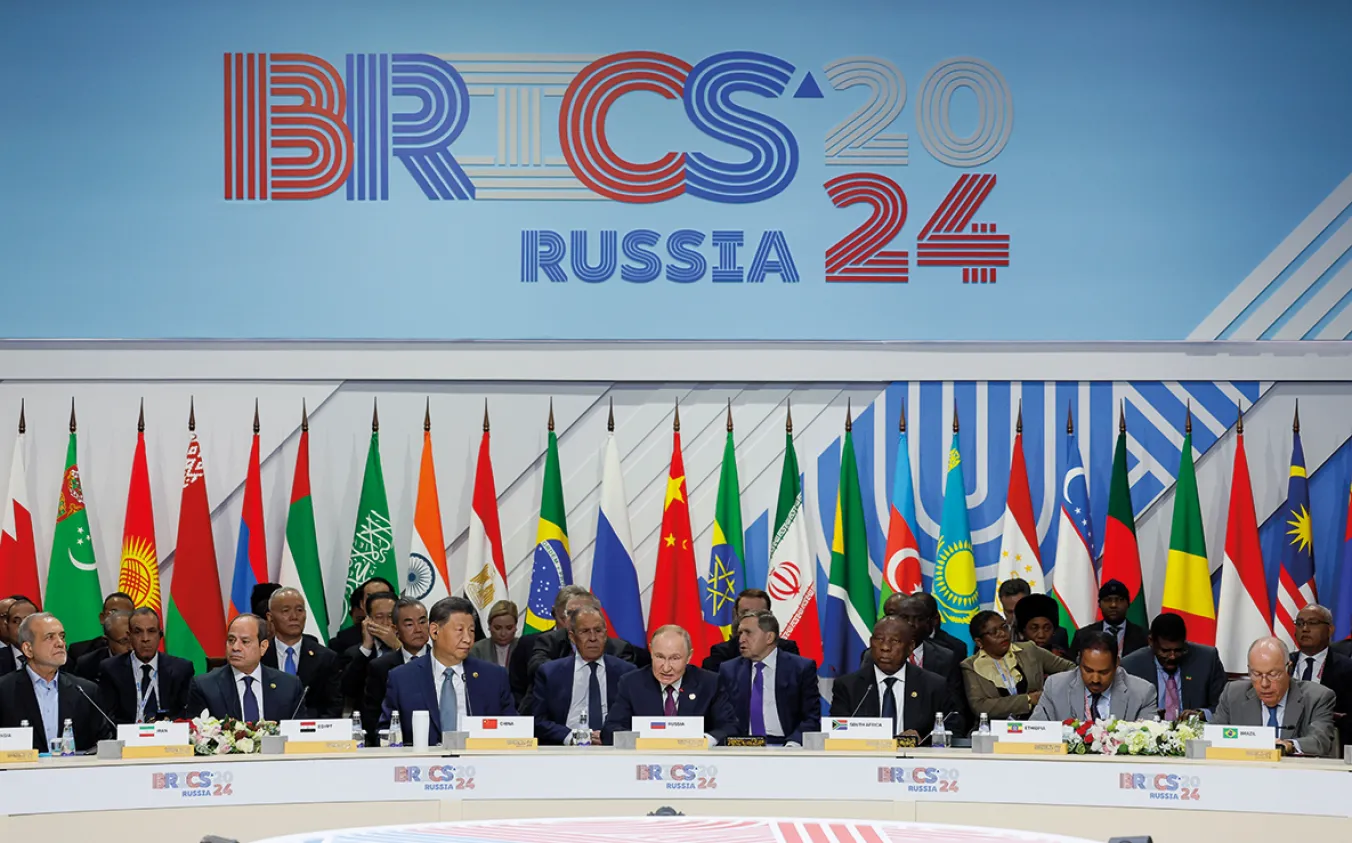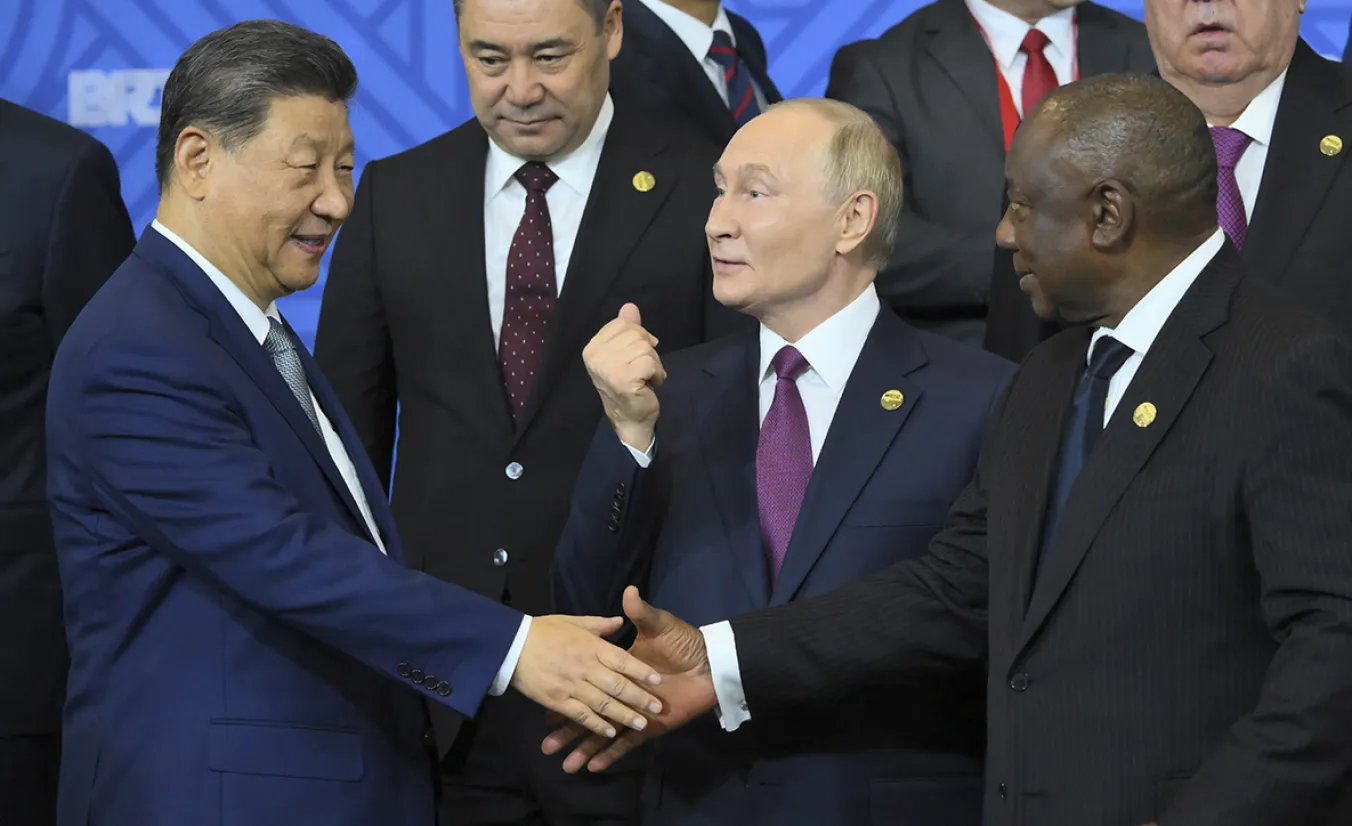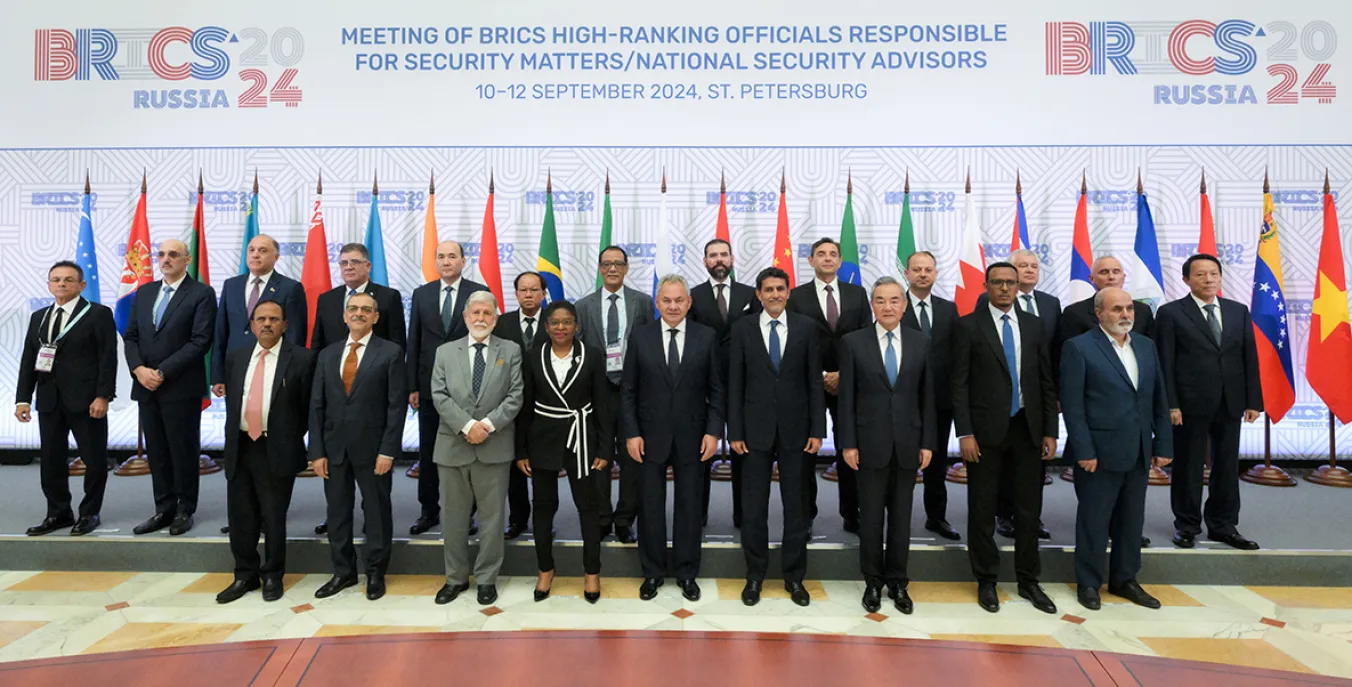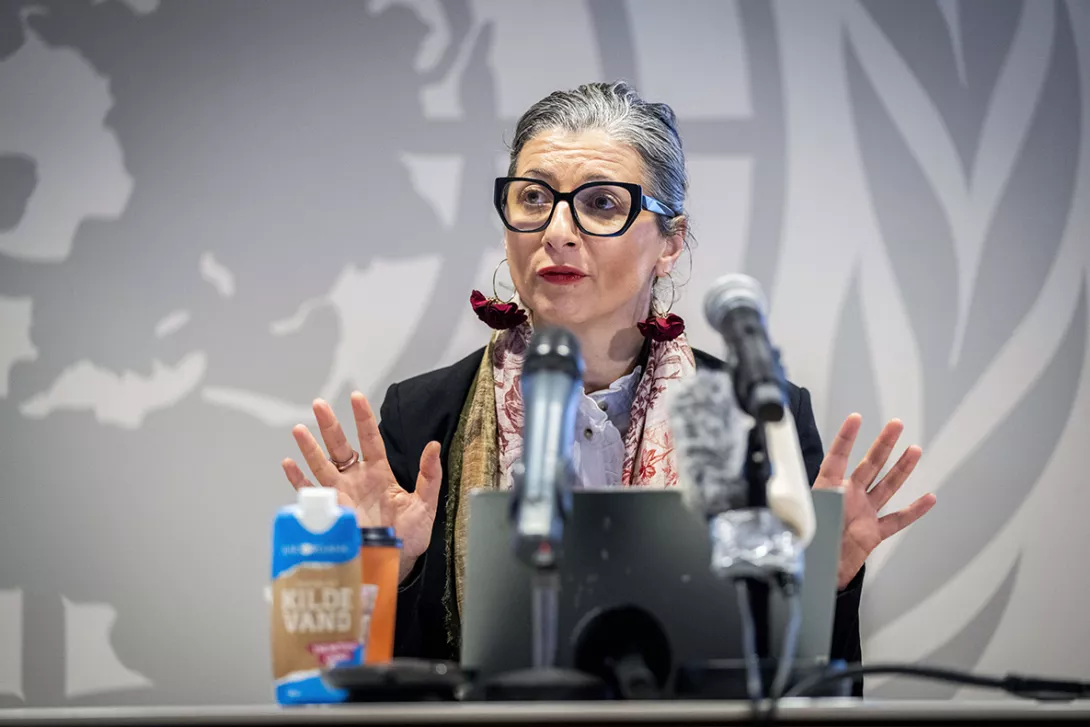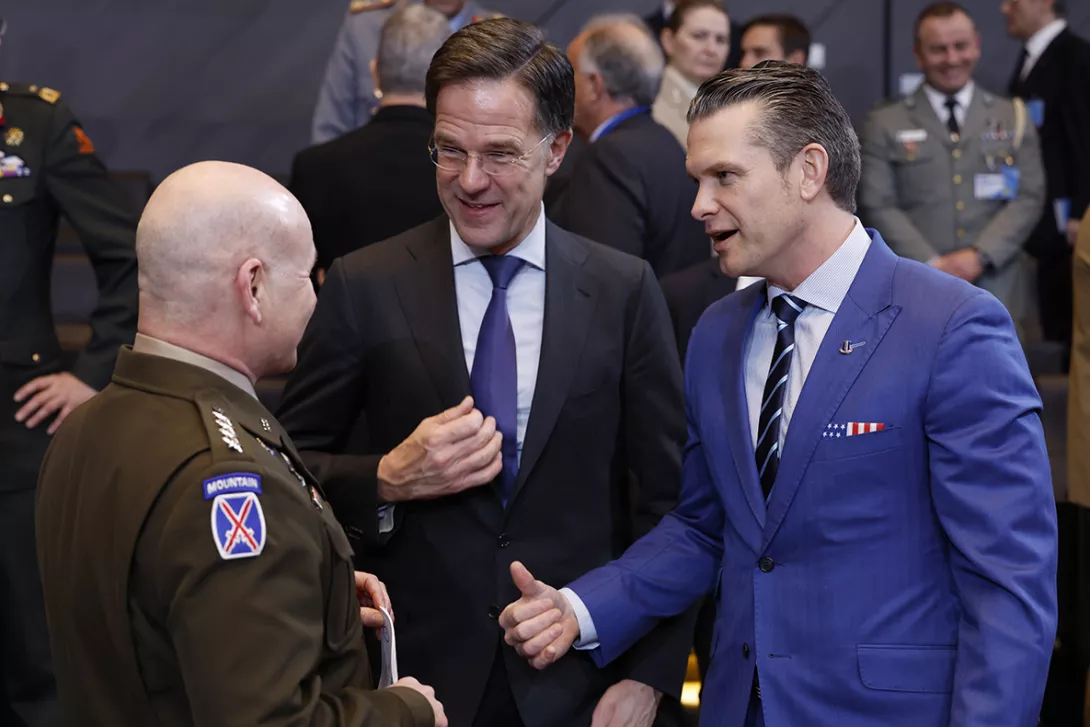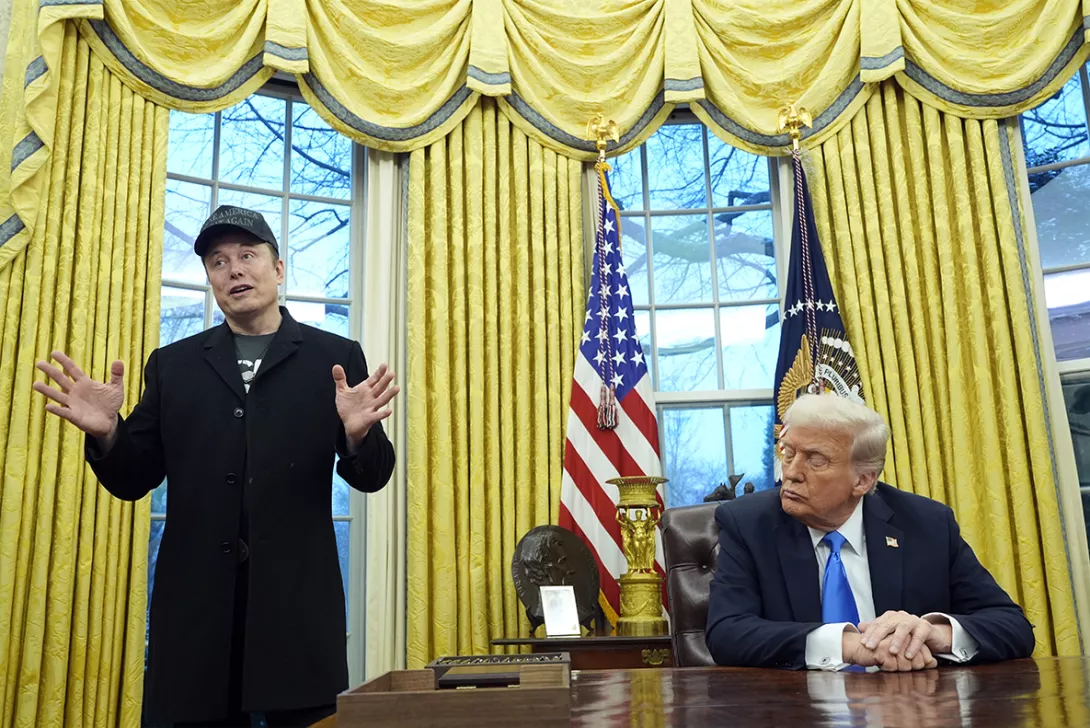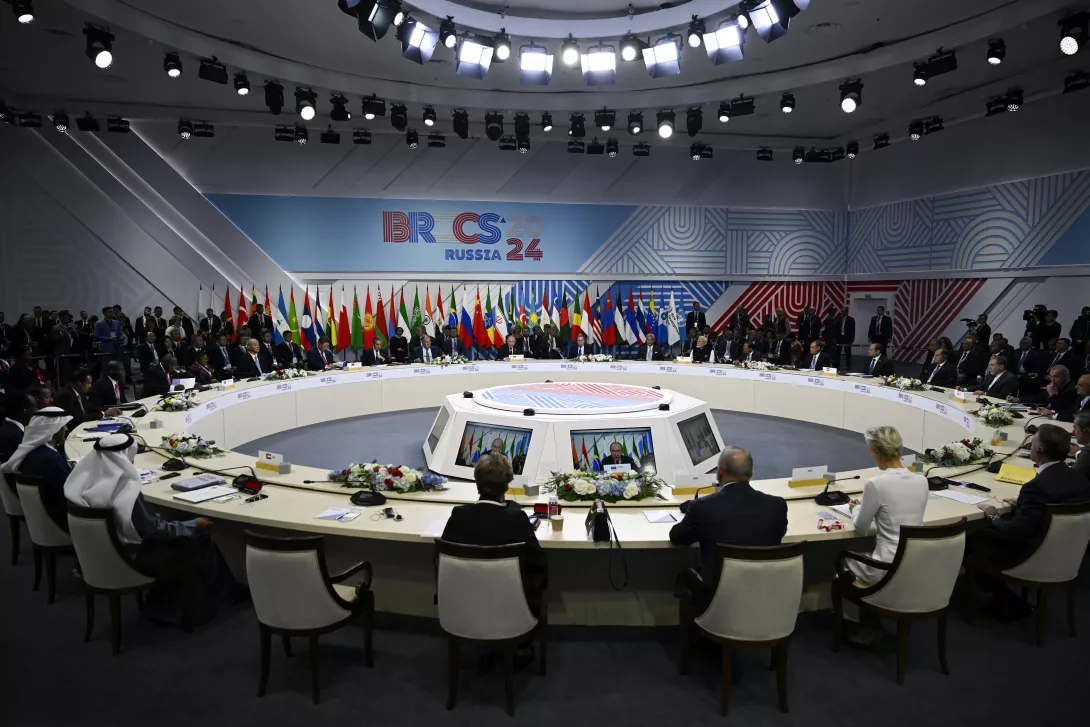
WESTERN coverage of the Brics summit in Kazan revolves around one question: does the gathering of world leaders in Russia show the West has failed to isolate it for invading Ukraine?
The answer to that question is yes, though this has been clear since 2022. The “international community” referred to by Western diplomats means simply “the United States and its allies,” and the sanctions imposed on Russia were only ever adopted by this group — the US, Britain, EU and Japan. Once, these powers carried the weight to dictate a great deal to the world, but this has changed.
Is that a bad thing? Our Establishment and its hired hacks say so: and the reluctance of the global South to help punish Russia is presented as a triumph of cynical self-interest over morality and international law.
That’s wide of the mark. Scepticism about the moral authority of the West is not new.
Governments that emerged from anti-colonial struggles across Africa, Asia and Latin America were never enthusiasts for the “rules-based international order” overseen by Washington.
Still less so as a series of bloody Western wars showed how selectively the supposed rules were applied, with Nato powers blasting their way through Yugoslavia, Afghanistan, Iraq and Libya. Former UN secretary-general Kofi Annan cited the last as a tipping point, after which many UN members would never trust the US or its allies again.
Any attempt to explain Russia’s invasion of Ukraine by reference to broken US promises not to expand Nato eastward was taboo in the West — in the early days of the war BBC Question Time host Fiona Bruce quickly shut down an audience member who dared to raise it — but this context was always obvious to the global majority, whose governments declined to take sides.
European diplomats have since sounded the alarm over the reputational damage done by support for Israel’s invasions of Gaza and Lebanon, saying the double standard has shredded their credibility.
It is true that facilitating Israel’s genocidal war puts the US-led bloc in direct opposition to most of the world, but its reputation for upholding international law was already atrocious.
The more significant shift has been in the attitudes of people here, with the division between rulers and ruled yawning wider than ever: something reflected too in the record low combined vote of the two British “parties of government,” Conservative and Labour, in July’s election.
Mainstream political narratives in Britain are consistently dishonest, whether we are talking about refugees, benefits or the NHS. But from Iraq on, lies about war have been the most damaging.
The resulting distrust can become debilitating cynicism if we don’t also have a vision for a better alternative.
Mixed bag though it is, the Brics’ potential to reshape international relations is that alternative.
It is a good thing if domination by the “first world” of the US, western Europe and Japan is ending: a domination not just policed by war, but through a global financial system based on the dollar, the World Bank and the International Monetary Fund, and a thousand unequal treaties enforcing control of the planet’s resources by giant corporations.
It is a mistake to see the rise of China as a case of one superpower seeking to displace another, the United States. The Brics are not a “Chinese bloc”: there is no chance that India, which actually participates in the US military encirclement of China, would consent to subordination to Beijing.
Rather, the group represents countries who have one great cause in common: the end of Western hegemony and a multipolar world.
One where institutions are more democratic, where trade is more equitable and where the majority of the human race are not trapped in poverty for the benefit of a few.
That is a cause every socialist should support. The rise of the Brics is good for the planet.
